Atrocities Against Rohingyas: Start probe now
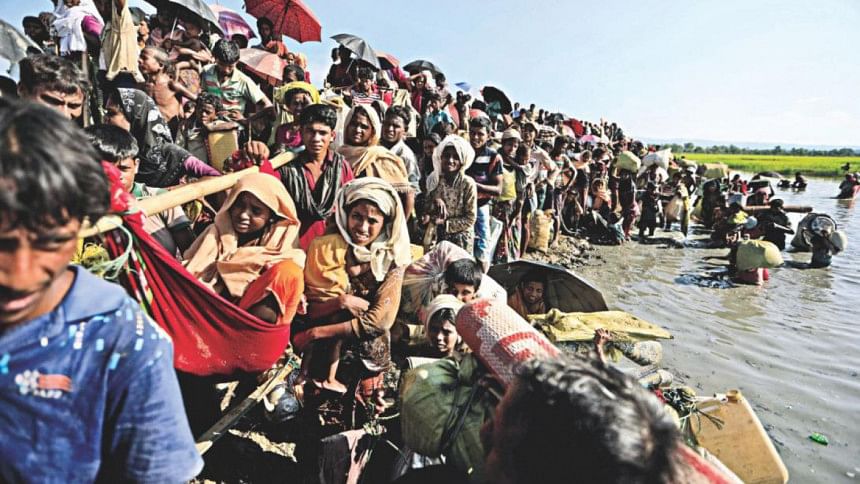
UN Special Adviser on the Prevention of Genocide Adama Dieng has urged International Criminal Court (ICC) Prosecutor Fatou Bensouda to consider ICC's recommendation of opening an investigation into the atrocities against Rohingyas without delay.
"The decision of the Pre-Trial Chamber [of ICC] provides victims an opportunity to access justice for some of the crimes they have endured, which is an important first step," he said in a statement issued in New York on Friday.
Myanmar has refused to cooperate with any impartial investigation into the matter and continues to insist hiding behind its sovereign borders.
"It is about time that countries understand that borders are not strong enough to protect those involved in the most horrible crimes committed against human beings from prosecution," said Dieng.
His statement came following the release of report of the UN Independent International Fact-Finding Mission on Myanmar on August 27, which strongly recommended that Myanmar's top military generals, including Commander-in-Chief Senior-General Min Aung Hlaing, must be investigated and prosecuted for genocide in the north of Rakhine State, as well as for crimes against humanity and war crimes in Rakhine.
A fuller report, containing detailed factual information and legal analysis, will be published and presented to the Human Rights Council on September 18.
Welcoming the ICC's Thursday rule that it has jurisdiction over alleged deportations of Rohingya people from Myanmar to Bangladesh, he said, "The decision is a light in what has been a very dark episode for the Rohingyas this past year."
Legal experts have said the decision at the Hague-based ICC paves the way for prosecutor Bensouda to further examine whether there is sufficient evidence to file charges in the case, though she has not done so yet.
Dieng said deportation can constitute a crime against humanity under international law. The chamber also ruled that the court would have jurisdiction over other crimes committed, such as the crime of persecution, if at least one element of the crimes within the jurisdiction of the court -- or part of such a crime -- has been committed on the territory of a state party to the statute.
The decision followed a request by the prosecutor of the ICC on April 9, 2018, in which the prosecutor sought a ruling from the Pre-Trial Chamber on the jurisdiction of the court in a situation in which persons are deported from the territory of a state which is not party to the Rome Statute of the ICC into the territory of a state which is a party to the statute. While Myanmar is not a party to the statute, Bangladesh is.
Accordingly, the decision opens the door to the prosecution of some of the crimes that may have been committed against the Rohingya, the special adviser added.
"The crimes allegedly committed or initiated in Myanmar against the Rohingya population, particularly since August 2017, which led to the mass displacement of almost a million Rohingya people into Bangladesh, are horrific and must not go unpunished," insisted Dieng.
"We have all heard the shocking reports of mass killings, the gang rape of women, of babies being thrown into fires, and the complete destruction of villages. The failure of the Security Council to refer the situation to the ICC for investigation, despite credible information to support these allegations and numerous calls for accountability, has been frustrating, to say the least."
Dieng also noted that while the decision issued by the ICC is a breakthrough, alleged crimes perpetrated solely on the territory of Myanmar, including conduct that could possibly amount to the crime of genocide, will be excluded from the jurisdiction of the ICC.
For that reason, the special adviser, who visited Bangladesh on March 7-13 to assess the situation of Rohingya refugees who fled Myanmar following incidents of violence in October 2016 and August 2017, urged the international community to continue its efforts to bring justice to the Rohingya.
His visit focused on what lies ahead for the Rohingya population; how to ensure that the crimes committed against them are not repeated; and how to hold accountable those responsible for the crimes that have been documented.

 For all latest news, follow The Daily Star's Google News channel.
For all latest news, follow The Daily Star's Google News channel. 

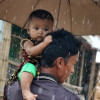
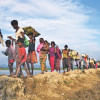
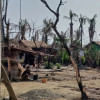
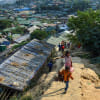
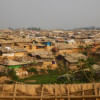


Comments